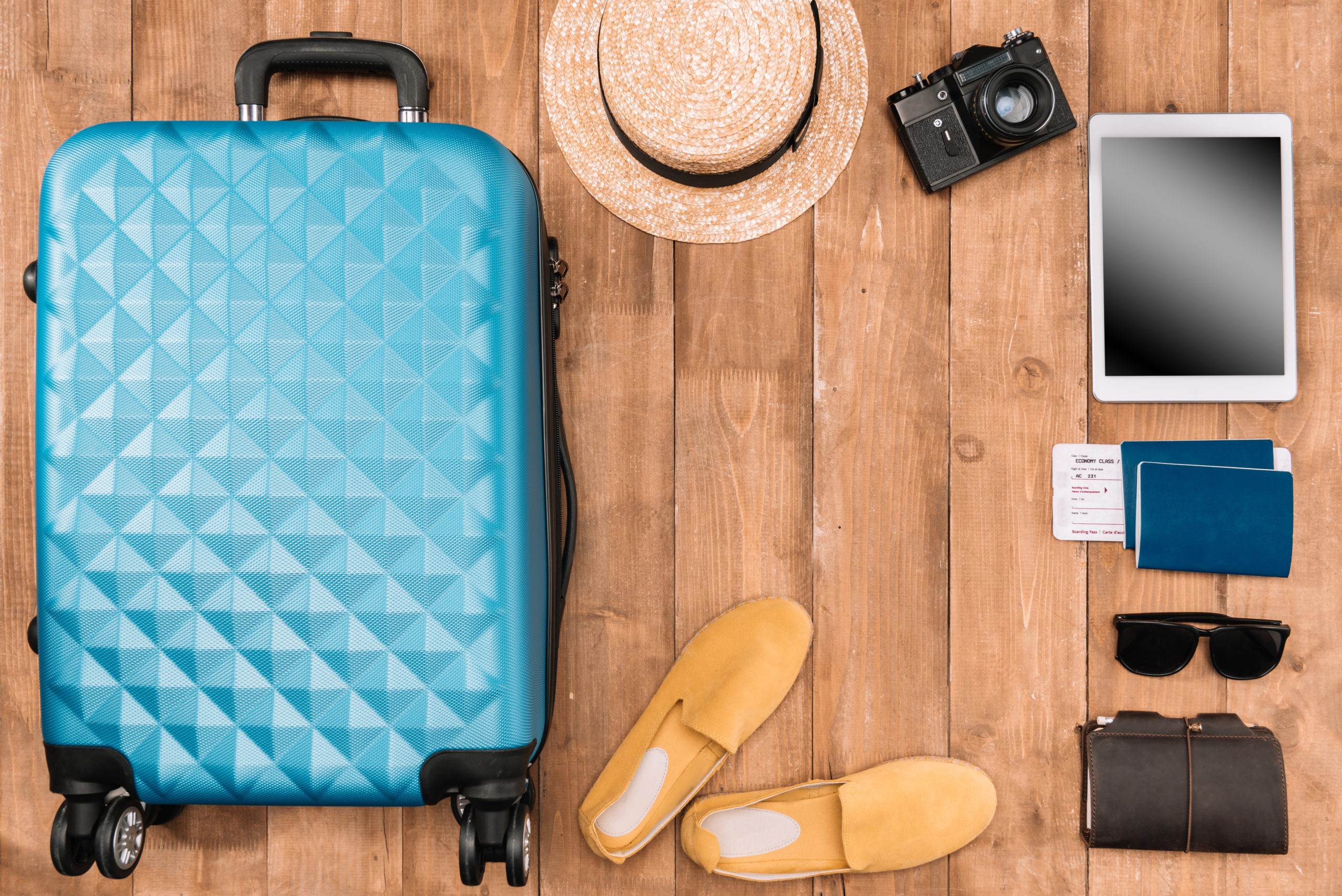We all love vacation and time off, but wouldn’t you love it a little more if you knew that it was actually beneficial to your mental, physical and emotional health? Research has shown that men who take annual vacations are 32% less likely to die from heart disease. Women who take vacations at least twice a year are less stressed and less likely to experience depression.
Benefits of Vacations
“Taking vacation is a vital part of maintaining healthy work-life integration. There are studies showing that individuals who don’t take advantage of their vacation time are more likely to experience burnout, make more mistakes at work and feel less happy,” said Lisa Merlo-Greene, Ph.D., a licensed clinical psychologist and associate professor in the University of Florida Department of Psychiatry.
While traveling is not required for every vacation, experts have found that traveling to new and interesting places can be a great stress buster. It boosts creativity and allows travelers to reflect on their personal goals and interests. A 2013 study surveyed Americans and found that more than 80% of respondents noticed significant drops in stress after just a day or two of traveling.
Vacation and travel allow people to take a break from the daily grind. New experiences help to rewire the brain, boosting mood and self-confidence. A vacation could be exactly what you need to bring refreshing and new ideas into the office upon your return.
“Taking vacation allows workers to rest and recharge so that they can return to work with renewed interest, focus and vigor,” Merlo- Greene said. “In addition, taking vacation sparks the creativity process, particularly if travel is involved. Exposure to different people, places and ideas, helps to open your mind to new possibilities.”
Traveling and Age
Traveling can be especially beneficial for people as they age. It gives people the opportunity to experience new cultures and add a flavor of diversity in their lives. You’d be surprised at the amount of life you experience just outside the walls of your office space. Specifically for older adults, travel can be a way to experience social interaction. This will promote healthy relationships which can boost moods and improve depression.
Although it may prove difficult, Merlo-Greene urges those traveling or vacationing to “unplug” as much as possible. Resist the urge to check work email while travel companions are engaged in a fun or relaxing activity. “When taking time off of work, it is important to allow yourself to ‘unplug’ in order to obtain the full benefits of the break. Try to focus on being present in the moment.
Take in the sights and sounds of the new setting. Engage with your travel companions or make an effort to speak with someone new if you are traveling alone,” she said.
Working on Vacation
For those who cannot completely unplug due to the nature of their job, there are things that can be done to reduce the amount of work stress while on vacation or traveling so that the maximum benefits can be obtained. Merlo-Greene suggests setting an away message on your phone or email. Allow yourself between 30 and 60 minutes of time to work if you really cannot stay away. “This will allow you to address anything urgent but still focus on enjoying the break,” she said.
While traveling to new and exciting places may seem like the ideal vacation, costs or other prohibitive factors may prevent such a trip. People can still reap the psychological benefits of time off.
“A vacation need not last a full week to have important benefits. If you can’t take a big trip due to work pressures, financial constraints, or childcare concerns, try scheduling a long weekend,” Merlo Greene said. “To save money, consider a ‘staycation’ and explore the local area like you are a tourist in your own town.”
Related articles
Healthy Habits: Can There Be Too Much of a Good Thing?
Why Should You Buy A Salt Lamp?
8 Simple Daily Habits to Reduce Stress and Increase Happiness

